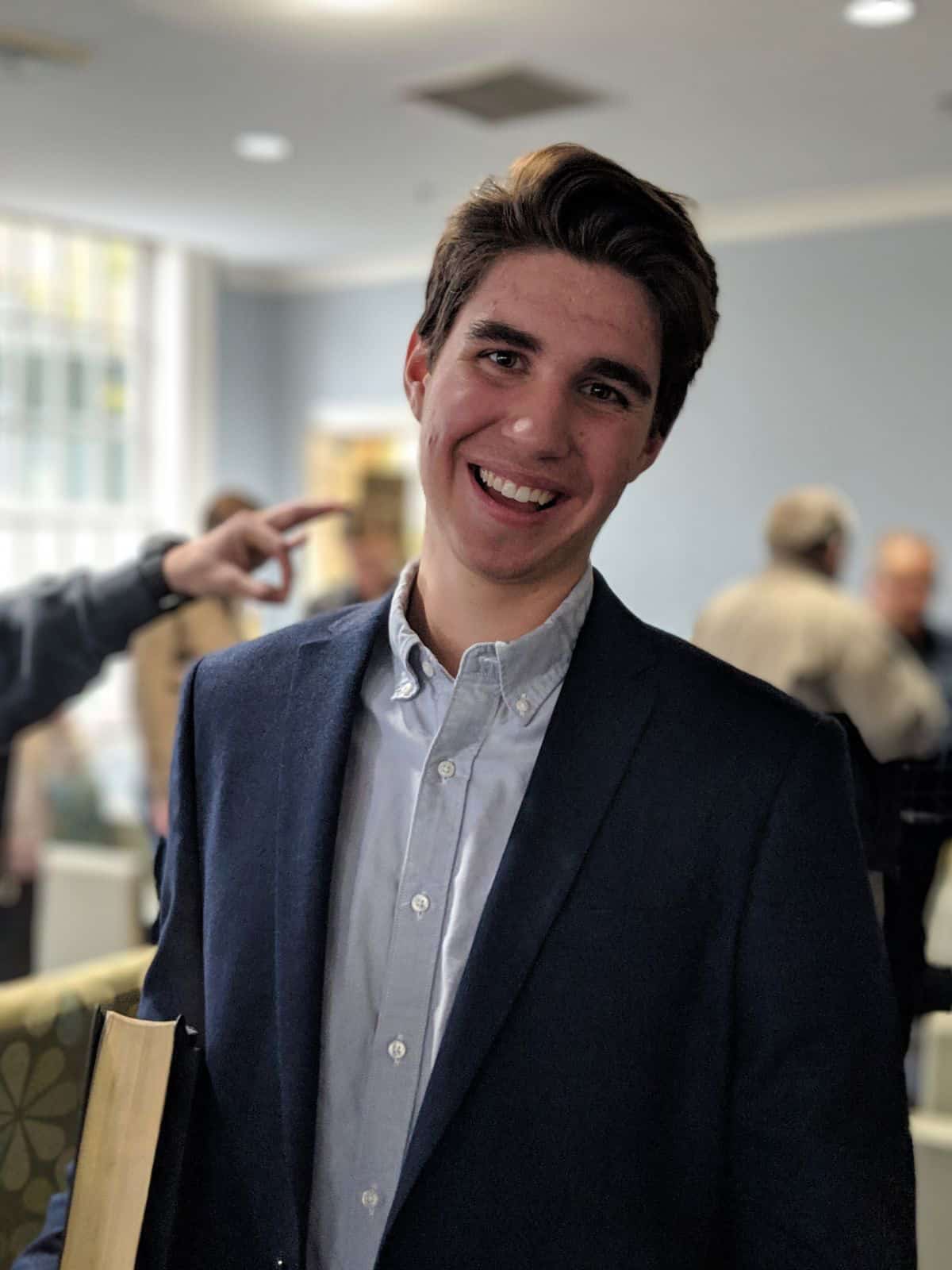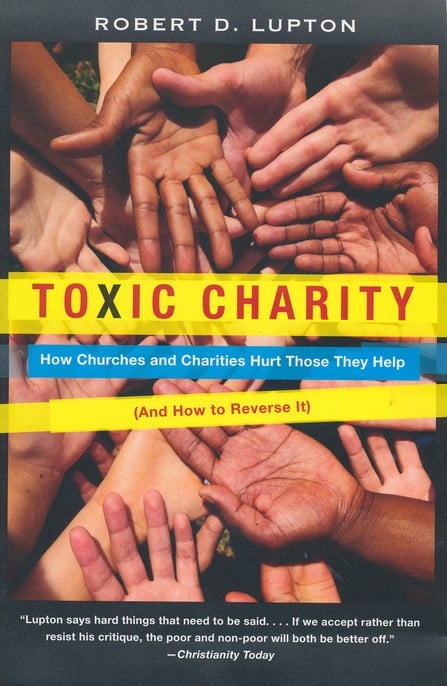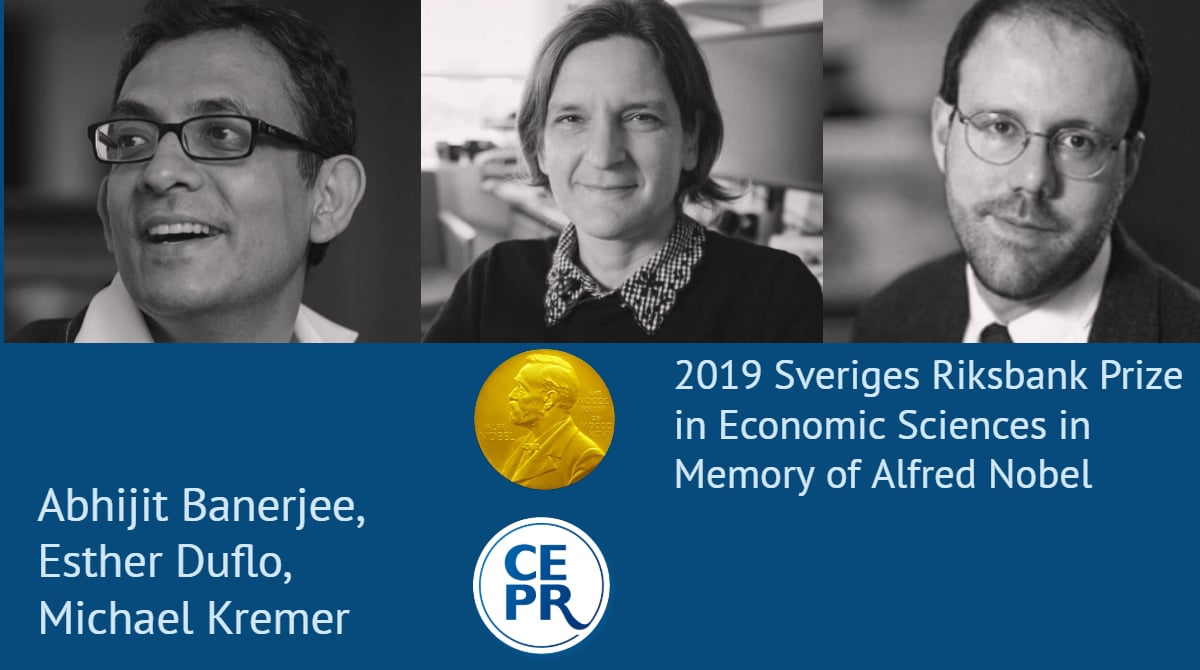It’s that time of the year again — the month of May, when the Seniors of Clapham School display an important outcome of their schooling. The defense of their Senior Thesis is a rite of passage that ushers these well deserving studnets into early adulthood, as they are empowered and equipped to serve Christ.
We will host a series of three consecutive posts featuring a taste of the work of each of our seniors. If you are intrigued by these appetizers, be sure to join us for their presentations and defenses on May 26th, 27th and 28th at 1:00 pm through a Zoom meeting. More details will be shared as we approach the dates.
Check out last year’s preview of Isabelle’s and Charlie’s Senior Theses!

Compassion and Discretion: Evangelical Principles for Charitable Giving
by Adam Gaddy
Question: What is your thesis about?
Adam: My thesis discusses issues with common approaches to charity work, and how our attempts to help the needy can inadvertently harm those we are trying to serve.
Question: How did you narrow down your topic?
Adam: Initially, I thought about researching a broader, more political topic. However, I wanted to offer more immediate, practical advice for Christians looking to positively influence their local communities. Many Christians regularly engage in service, and are more than willing to offer their time and money to help others in need. I settled on discussing charity—with a strong emphasis on an Evangelical perspective—since so many of us can be unaware of the best, most effective ways to serve our neighbors.
Question: What was the hardest part of writing your thesis?
Adam: Personally, I found it difficult to stay focused and in routine during my research and writing. (This should not be a huge surprise to anyone who knows me.) In the early Fall, it was hard to see the immediacy of my work and motivate myself into a consistent schedule. However, once Spring came along, and Mr. Barney’s deadline reminders were a matter of weeks, not months, I buckled down and set myself into a schedule and gave myself personal deadlines.
Question: What surprised you most about the process or the findings?
Adam: As I was reading Christian literature on the harmful effects of charity, I noticed all of them had mentioned short-term missions work at one time or another. I did further research into the topic, and found that much of my preconceived notions about the effectiveness and helpfulness of short-term mission work were wrong. I was surprised to read some of the statistics about short-term mission financing, or read some articles from long-term missionaries on their perception of short-term work.
Question: What resource was most helpful or made the biggest impact on your research or conclusion?
Adam: One of the first works I read on the subject was Robert Lupton’s Toxic Charity, which offered an overview on many ways churches and Christian individuals inadvertently hurt those they try to serve. I used many of Toxic Charity’s talking points to frame some arguments in my thesis and to guide my research.

Question: How will your findings impact your life personally?
Adam: I am definitely more aware of how to best serve the needy after having done this research. I hope to walk away from this experience with more compassion for the disadvantaged, and with a better sense as to how to help the poor through focusing on their long-term well-being—not just their short-term needs.
Question: How does faith inform your conclusion?
Adam: Jesus calls us to love one another through service and be aware of the needs of our neighbors. I believe if we are to truly love others well, we should take the time to fully understand how best to help our neighbors. In light of this truth, my conclusion offers some practical action steps to help guide givers in better ways to serve the disadvantaged.
Question: How did you experience the process of writing the thesis?
Adam: I was excited to write my thesis, as I found researching my topic enjoyable and interesting. It is exciting to apply many of the rhetorical skills I learned and cultivated throughout my several years at Clapham. Although there were definitely points during the process where some senioritis crept in, I am grateful and excited at the opportunity to write and present my thesis.
Question: How are you preparing for the defense?
Adam: It will definitely be important for me to remember for what exactly my thesis is arguing. With a topic as broad as mine, there will definitely be some rabbit trails and extraneous topics to discuss. For now, I am being sure to understand my research and how exactly it applies to my arguments. It will be important for me to limit the scope of my research, and not to make sweeping claims on topics as large and complicated as poverty and economics.
Question: What advice do you have for next year’s seniors?
Adam: Pick a topic you want to study and are enthusiastic about. This project is self-motivated, and to remain engaged in your writing and research, you are going to need a thesis you are passionate about.
Question: The social distancing mandated by the COVID-19 response has changed the way we have traditionally defended our theses. Did this cause you to adjust your delivery of your defense at all?
Adam: COVID-19 has certainly posed some unique challenges. If you had told me even two months ago that I would be finishing my high school years over Zoom, I would have thought you were crazy… but here we are. Being totally honest, I do not know how much this will change my delivery–I guess I could see it bringing a more casual element to the defense. Trying to work around some streaming services has been difficult, but I think I have a grasp on how I will use media effectively. Let us just hope that my internet can handle streaming a presentation to several people.
Adam Gaddy has been attending Clapham School since 1st grade. When he has the time, he loves to play tennis, hang out with friends, or read a good book. He will be attending Hillsdale College in the Fall, where he will most likely study Finance and Political Science. After he graduates from Hillsdale, Adam hopes to attend law school and establish a career as an attorney.
Check out last year’s preview of Isabelle’s and Charlie’s Senior Theses!


